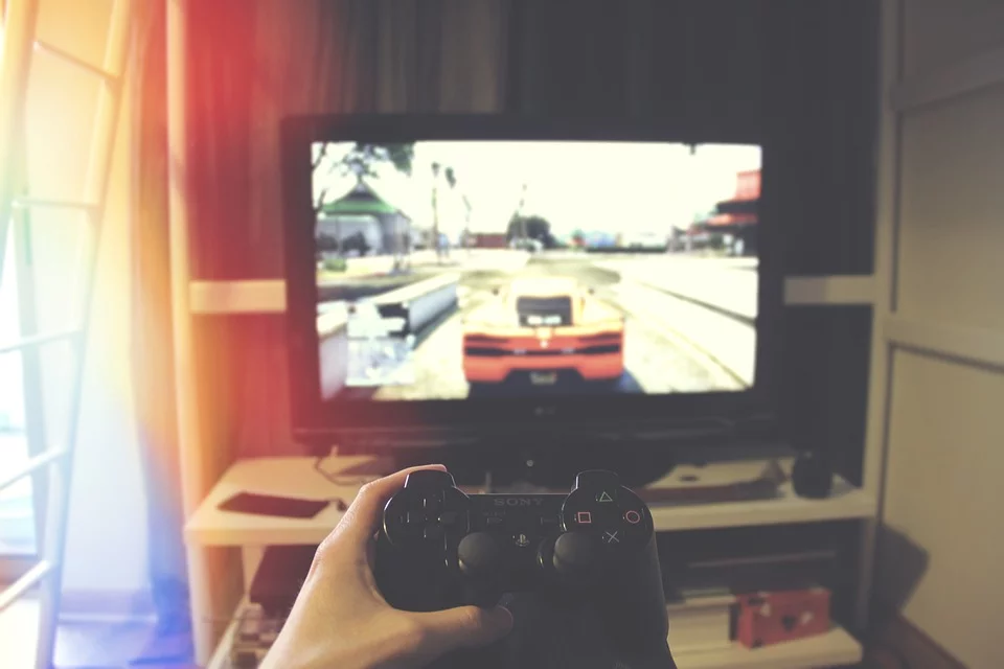Computer games can help your child learn math. However, they can also have terrible consequences. Useful or harmful computer games, discussed by scientific researchers. One recent scientific paper indicates that teenagers are able to improve their performance in studying with the help of computer games.
Researchers at the Royal Melbourne University of Technology (RMIT) conducted a study on “Internet and academic performance of 15-year-old students in Australian schools”. As a result, the researchers found that teenagers who regularly play online games learn better than their peers.
The study analyzed the performance of over 12,000 secondary school students aged 15 years. RMIT Professor Alberto Posso compared the results of the International Programme for the Evaluation of Educational Achievement of Students, where reading, mathematics, science, and computer literacy skills were assessed on a 1,000 point scale.
The researcher also collected information on what students do online. As a result, those students who played online games daily were much more capable.
“Students who played online games every day had resulted in math 15 points above average, and in science – by 17,” – said the scientist.
The professor believes that a passion for games helps students develop their analytical skills. This has a direct impact on the academic performance of teenagers and helps them develop their analytical and decision-making skills. During the game, you encounter puzzles that require the use of erudition, science, reading and math skills. Sometimes the player needs to understand some of the principles of chemistry, so he thus learns the science. At the same time, these students often find workarounds and use different services like paper writing service for learning.
The researchers did not mention genres or specific examples of computer games.
In addition, scientists have analyzed the grades of those students who spend their free time on social networks. As it turned out, the waste of time on Facebook and Instagram leads to a diametrically opposite effect, and it, on the contrary, is worse for learning.
Pupils who spent their time on Facebook had scores in mathematics on average 20 points lower than those who prefer to spend less time on social networks.
It should be noted that the study, although it demonstrates some connection between games and learning outcomes, but does not prove the existence of a relationship between them. A positive correlation between online games and performance – this is just the beginning, and in the future, scientists have the task to complicate and deepen the methodology of research on this topic.
“Games have a lot of space for research and a lot of information to remember. That’s how they stimulate and develop memory,” said one scientist.
A total of 31 subjects with brain injuries participated in the study on this topic. They were asked to play one of the first-person shooters. Scientists viewed modern consoles as medical equipment that could help patients and improve their brain function.


